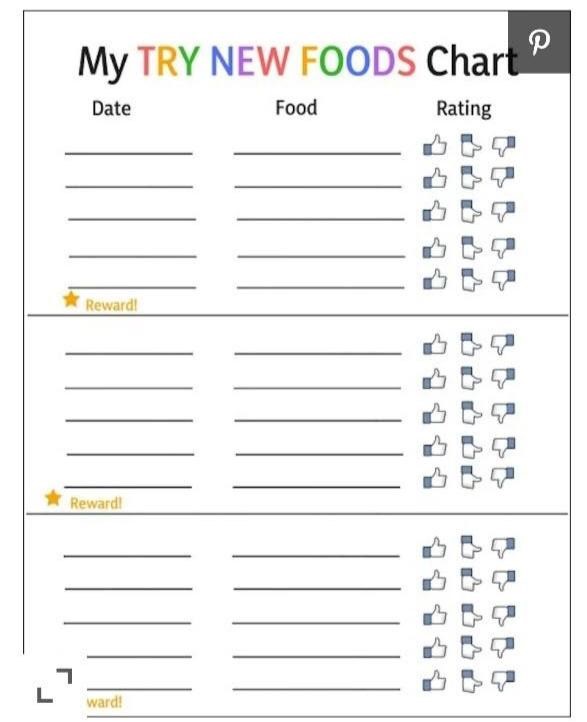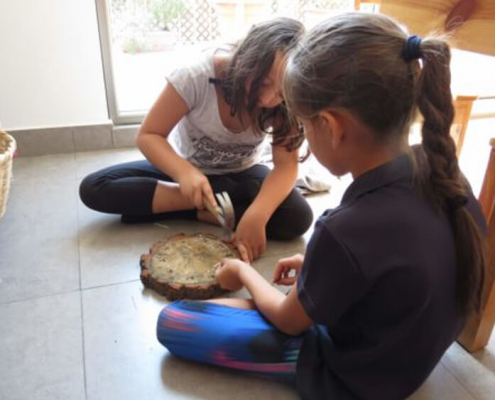Ideas on appropriate behavior rewards
by Carrie Riley
There comes a time in every parent or educator´s day experience and routine where we have a golden opportunity to encourage the right kind of behavior we strive for in our homes or classes. There are many daily examples. Your child eats their meal. They use the bathroom. They clean up their toys. They follow your instructions. And when they decide to insert their own will, wants, and desires it is often the very opposite of what we wanted them to do in the first place. Now what?!
I’ve seen parents reward with cookies, candy, ice cream, donuts, cake, soda pop, fast food, money, toys, and the list goes on. You know. We’ve all been there at one time or another.
Sadly the things our children may respond to the most are sugar rewards. Do you want to know why? It’s not just the obvious answer, sugar is yummy, but more complex. Sugar is addictive. It is so addictive that it is considered more addictive than drugs! And once we lovingly introduce this into their system, it is a hard addiction to break. It seems so innocent. I mean we all grew up with sweet treats and we turned out okay for the most part, right? Here’s the thing. Sugar was not the same 30 years ago as it is now and was not as big of a problem as it is now. It is highly processed in some foods and full of chemicals as well. Not only is there sugar in the treats we give, but hidden sugar is everywhere! Did you know one yogurt has the same amount of sugar as a candy bar? Or a peanut butter and jelly sandwich have as much sugar as a slice of iced chocolate cake? The food you buy at the store has many ways to sneak sugar into your diet and your child’s. Most kids’ cereals are packed with sugar too. “Sugar fuels every cell in the brain. Your brain also sees sugar as a reward, which makes you keep wanting more of it. If you often eat a lot of sugar, you’re reinforcing that reward, which can make it tough to break the habit.” (The truth about sugar addiction, Webmd.com) And that is one reason food companies add sugar to unnecessary products they know how addictive it is! It is comparable to a cocaine addiction.
Rewarding behavior with food is also linked to eating disorders, weight issues, dental decay, and behavior issues. Studies have found that when parents use food as a reward or punishment, kids are more likely to prefer high-fat, high-sugar foods (like the ones often used as rewards). The bottom line is rewarding wanted behaviors with food will most likely backfire in the long run.
So what is a good incentive to get our children to do what we want?
What our goal should be is to get our children to want to do the right thing! We want them to feel a part of our family, classroom, and ultimately a good citizen of the earth. We can do that at any age but starting off with helping our children to develop healthy habits from the beginning is the best way to ensure a child will want to do what is expected of them.
Start off by not over-praising your child. The more you praise, the more they seek approval from outside forces. Not from themselves. Just notice them. Let them know you see them doing something from coloring “ Oh! I see you really like to color green today!” Or “Wow Mary! You really cleaned up your blocks and that makes your room look so nice!”
Make “I” statements when you can “ I see you tried your beans!” or “Mary, I like when you help your brother clean up!” this helps the child know they are seen and will make them feel proud to do the right things. They will know by your tone and the fact you’re not following them around smothering them with praise.
If you must do something as a reward, try these ideas:
- Sticker
- A new book ( not toys)
- New crayons and paper
- Extra time with you
- An extra book/ story at bedtime
- Time outdoors together
- Craft project with you
- Helping you make a meal
Now all of these ideas work well if you have implemented a family daily schedule ( daily rhythm). Children’s behaviors are greatly improved if they know what to expect and the consistency of their boundaries.
Another aspect of nurturing our children’s good behavior is getting enough sleep. This is huge! Children under age 6 need 12 hours a day.
Good nutrition is also key! Instead of all the sugary sweets we give our children, how about frozen fruits? Sliced bananas with cinnamon on top? Make your own frozen ( unsweetened) yogurt with natural sweeteners like fruit and mix and freeze.
To summarize this article let me highlight the points.
In order to get our children in our care to cooperate we can try the following:
- Create and maintain a daily rhythm
- Be consistent
- Proper sleep
- No screen time for children under age 5 or very little
- Never allow screen time during meals and snacks!
- Healthy eating practices
- Try a new food at least once a week
Remember, reinforce the good behavior in a neutral way and consistently.
The unwanted behavior must have a consistent consequence. That can be a favorite toy to be taken away for the day, no books at bedtime, no screen time, No sticker if using a chart. Keep exploring for a way to reach your child. Not all children react the same to these ideas. You have to find what works for your family.
Being a parent is a challenge. So is being a brand new human on this earth! Let’s help guide our children into courteous, helpful, and happy children. They want us to be happy with them. But here’s the thing. It is up to the adults in your child’s life to make sure they learn how to do this. Giving into your child’s every want is setting up your child and your family up for disappointment and frustration. They crave rhythm, love, consistency, positive attention and our time. Let’s set our children up for success!
Here is a visual example of a chart to track healthy new foods they try:

Photo in Parents.com by Sally Kuzemchak
Try these tips and you will see the change in your children.













